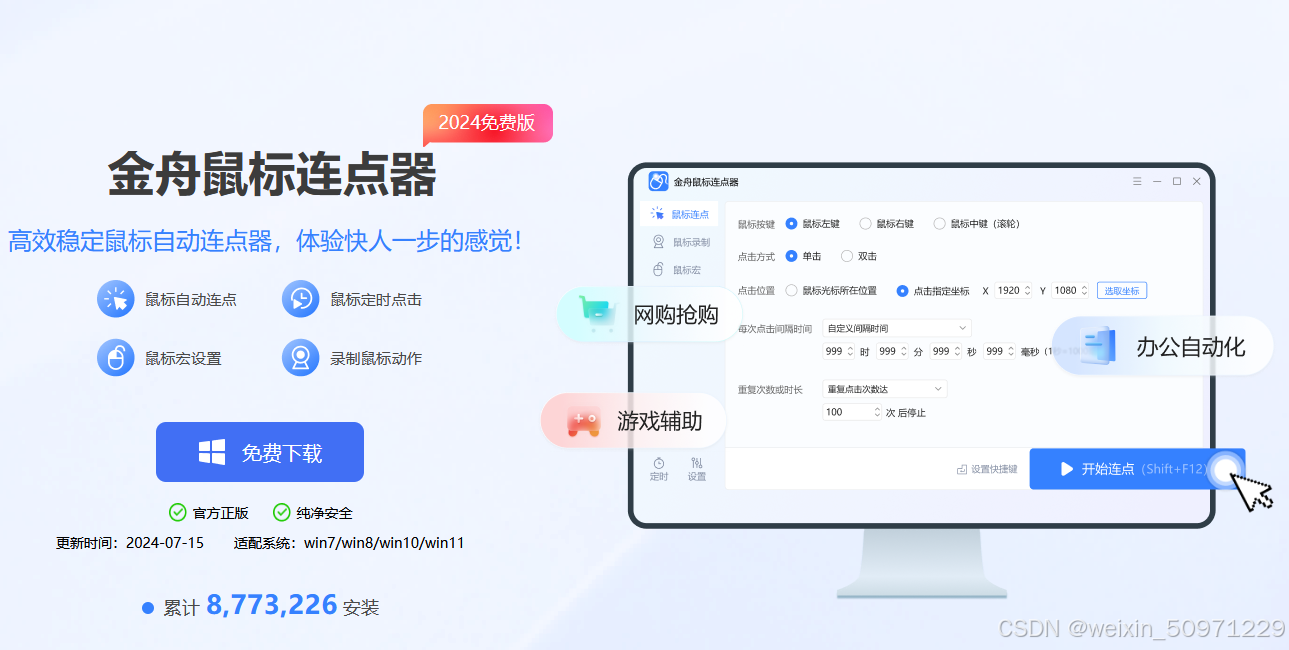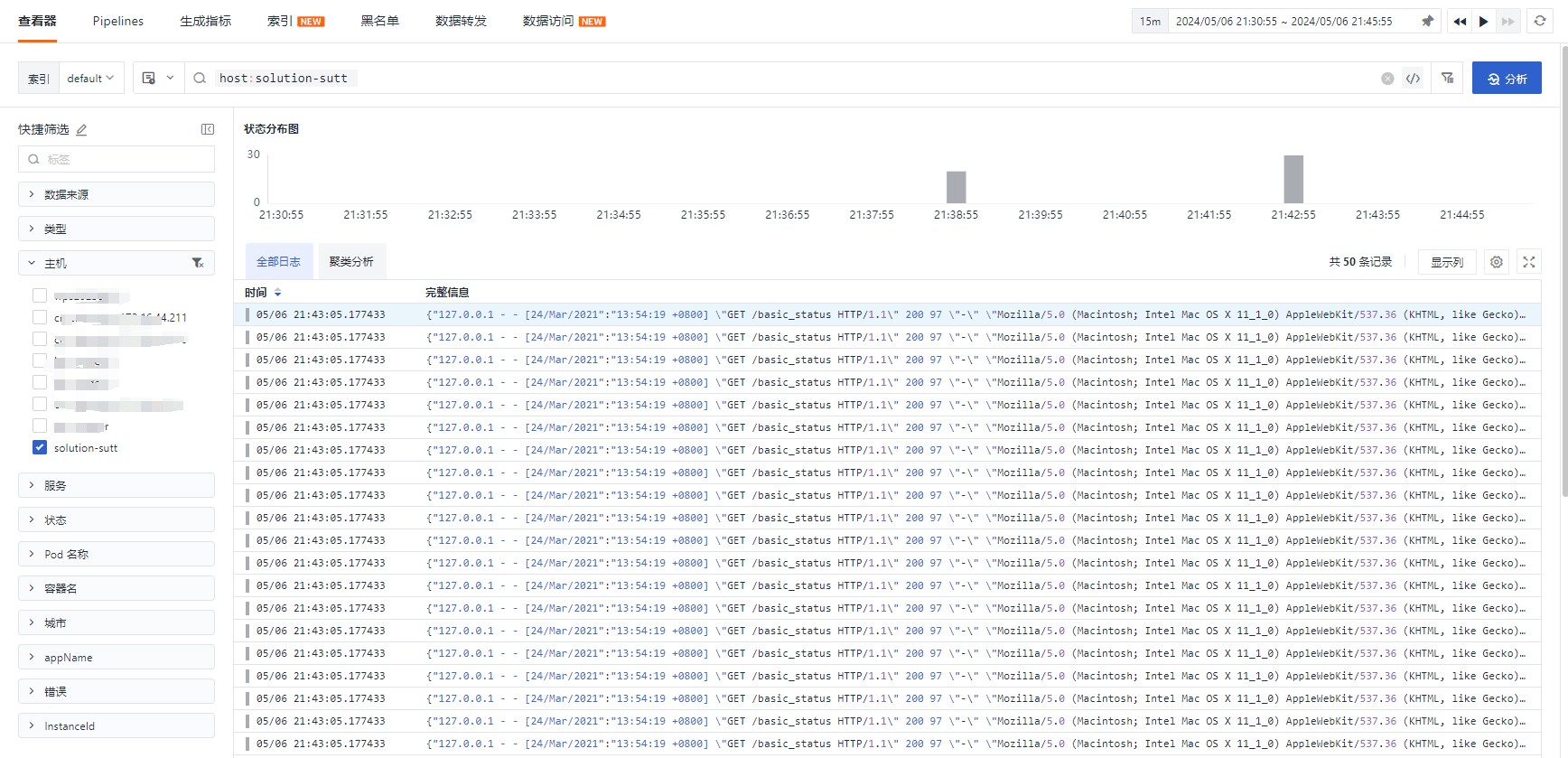源码类注释
/**
* This class provides thread-local variables. These variables differ from
* their normal counterparts in that each thread that accesses one (via its
* {@code get} or {@code set} method) has its own, independently initialized
* copy of the variable. {@code ThreadLocal} instances are typically private
* static fields in classes that wish to associate state with a thread (e.g.,
* a user ID or Transaction ID).
*
* <p>For example, the class below generates unique identifiers local to each
* thread.
* A thread's id is assigned the first time it invokes {@code ThreadId.get()}
* and remains unchanged on subsequent calls.
* <pre>
* import java.util.concurrent.atomic.AtomicInteger;
*
* public class ThreadId {
* // Atomic integer containing the next thread ID to be assigned
* private static final AtomicInteger nextId = new AtomicInteger(0);
*
* // Thread local variable containing each thread's ID
* private static final ThreadLocal<Integer> threadId =
* new ThreadLocal<Integer>() {
* @Override protected Integer initialValue() {
* return nextId.getAndIncrement();
* }
* };
*
* // Returns the current thread's unique ID, assigning it if necessary
* public static int get() {
* return threadId.get();
* }
* }
* </pre>
* <p>Each thread holds an implicit reference to its copy of a thread-local
* variable as long as the thread is alive and the {@code ThreadLocal}
* instance is accessible; after a thread goes away, all of its copies of
* thread-local instances are subject to garbage collection (unless other
* references to these copies exist).
*
* @author Josh Bloch and Doug Lea
* @since 1.2
*/
核心变量:threadLocalHashCode
private final int threadLocalHashCode = nextHashCode();
/**
* The next hash code to be given out. Updated atomically. Starts at
* zero.
*/
private static AtomicInteger nextHashCode =
new AtomicInteger();
/**
* The difference between successively generated hash codes - turns
* implicit sequential thread-local IDs into near-optimally spread
* multiplicative hash values for power-of-two-sized tables.
*/
private static final int HASH_INCREMENT = 0x61c88647;
/**
* Returns the next hash code.
*/
private static int nextHashCode() {
return nextHashCode.getAndAdd(HASH_INCREMENT);
}
每个ThreadLocal对象都会维护一个threadLocalHashCode变量,这个先 pass,看完一圈再研究作用;
构造方法
public ThreadLocal() {
}
静态方法
public static <S> ThreadLocal<S> withInitial(Supplier<? extends S> supplier) {
return new SuppliedThreadLocal<>(supplier);
}
这里提供一个延迟计算、动态创建对象的函数式接口;
核心方法:set
public void set(T value) {
Thread t = Thread.currentThread();
ThreadLocalMap map = getMap(t);
if (map != null) {
map.set(this, value);
} else {
createMap(t, value);
}
}
- 拿到当前线程
- 拿到线程持有的ThreadLocalMap
- set 值(key:当前 ThreadLocal 对象,value:当前线程在当前 ThreadLocal 对象下的独有值)
核心方法:get
/**
* Returns the value in the current thread's copy of this
* thread-local variable. If the variable has no value for the
* current thread, it is first initialized to the value returned
* by an invocation of the {@link #initialValue} method.
*
* @return the current thread's value of this thread-local
*/
public T get() {
Thread t = Thread.currentThread();
ThreadLocalMap map = getMap(t);
if (map != null) {
ThreadLocalMap.Entry e = map.getEntry(this);
if (e != null) {
@SuppressWarnings("unchecked")
T result = (T)e.value;
return result;
}
}
return setInitialValue();
}
- 拿到当前线程、继续拿线程持有的 ThreadLocalMap:
public class Thread implements Runnable {
/* ThreadLocal values pertaining to this thread. This map is maintained
* by the ThreadLocal class. */
ThreadLocal.ThreadLocalMap threadLocals = null;
ThreadLocalMap getMap(Thread t) {
return t.threadLocals;
}
}
- 如果 map 为空,则初始化线程的 map:setInitialValue();
private T setInitialValue() {
T value = initialValue();
Thread t = Thread.currentThread();
ThreadLocalMap map = getMap(t);
if (map != null) {
map.set(this, value);
} else {
createMap(t, value);
}
if (this instanceof TerminatingThreadLocal) {
TerminatingThreadLocal.register((TerminatingThreadLocal<?>) this);
}
return value;
}
拓展探索:ThreadLocalMap
/**
* ThreadLocalMap is a customized hash map suitable only for
* maintaining thread local values. No operations are exported
* outside of the ThreadLocal class. The class is package private to
* allow declaration of fields in class Thread. To help deal with
* very large and long-lived usages, the hash table entries use
* WeakReferences for keys. However, since reference queues are not
* used, stale entries are guaranteed to be removed only when
* the table starts running out of space.
*/
static class ThreadLocalMap {
}
- 核心八股:map 弱引用
static class ThreadLocalMap {
/**
* The entries in this hash map extend WeakReference, using
* its main ref field as the key (which is always a
* ThreadLocal object). Note that null keys (i.e. entry.get()
* == null) mean that the key is no longer referenced, so the
* entry can be expunged from table. Such entries are referred to
* as "stale entries" in the code that follows.
*/
static class Entry extends WeakReference<ThreadLocal<?>> {
/** The value associated with this ThreadLocal. */
Object value;
Entry(ThreadLocal<?> k, Object v) {
super(k);
value = v;
}
}
}
这里的弱引用的意思是:
Entry 对所持有的对象(ThreadLocal 对象)的引用方式是弱引用,jvm 进行 GC 的时候不会考虑弱引用的引用;
这么设计的原因是:
当某个 ThreadLocal 已经失效,按照常理应该被回收的时候(这个时候,可能有多个线程持有ThreadLocalMap,并在内部的 Entry 中持有 ThreadLocal 对象,而这个对象对于线程而言已经是没用的了);此时如果这里对 ThreadLocal 的引用是强引用,那么 JVM 判断不应该回收,造成内存泄露;
引用链:




















